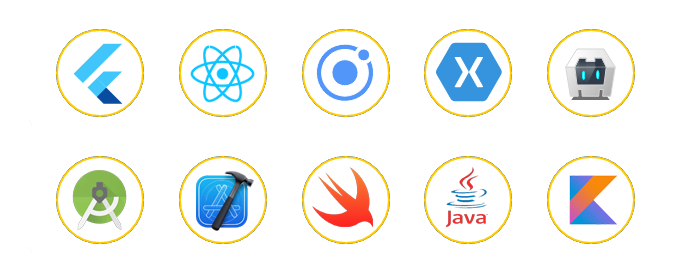When it comes to app development, developers have a plethora of options to choose from, each with its own set of advantages and considerations.
In the dynamic landscape of app development, developers have various approaches at their disposal, each catering to different needs and preferences. Native app development, hybrid app development, and progressive app development represent three distinctive methodologies, each with its own merits and considerations.

Native app development involves creating applications tailored specifically for a single platform, such as iOS or Android. Developers utilize platform-specific programming languages and tools, such as Swift or Objective-C for iOS and Java or Kotlin for Android. This approach offers unparalleled performance, seamless integration with device capabilities, and access to platform-specific features. Native apps provide a superior user experience, ensuring smooth navigation and responsiveness. However, developing separate codebases for each platform can be time-consuming and resource-intensive.
Hybrid app development seeks to bridge the gap between native and web technologies by leveraging web development frameworks like HTML, CSS, and JavaScript. Technologies such as Apache Cordova, Ionic, and React Native enable developers to create apps that can run across multiple platforms, including iOS, Android, and web browsers. Hybrid apps offer faster development cycles and cost-effective solutions, as a single codebase can be deployed across various platforms. However, they may face performance limitations compared to native apps, as they rely on web views for rendering content and may not fully utilize platform-specific features.
Progressive app development represents a newer approach that combines the best of native and web technologies while embracing modern web standards. Progressive web apps (PWAs) leverage web capabilities to deliver app-like experiences across different devices and platforms. They utilize features such as service workers, which enable offline functionality, push notifications, and faster loading times. PWAs offer the advantages of cross-platform compatibility, improved discoverability, and reduced development costs. They provide users with a seamless experience, whether they’re accessing the app through a browser or installing it as a standalone application. However, PWAs may lack access to certain device functionalities and native features compared to traditional native apps.
Embrace the future of business with confidence. Elevate your operations with our AI business solution and unlock unparalleled efficiency, agility, and success in today’s digital age.


At App Mate Solutions, we help businesses across the globe focus on their growth by providing them with reliable remote solutions. We extend bespoke and cost-effective specialist skills to the decision-makers, helping them to stand out in a competitive business environment and scale their ROI.
Copyright © AppMate Solutions LLP 2024. All rights reserved.